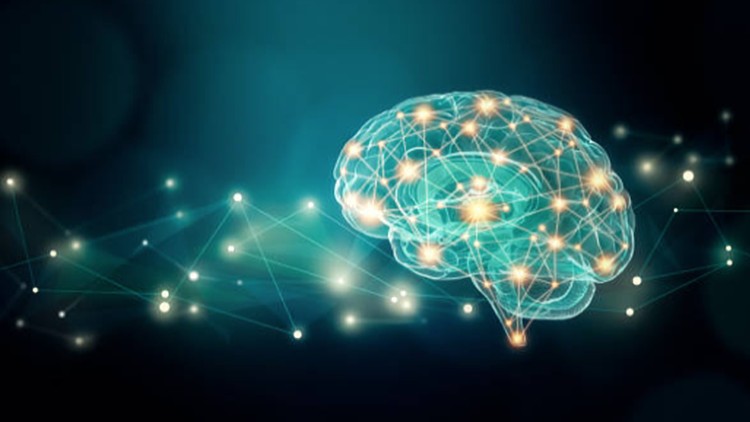Posts Tagged ‘Stress’
Lifestyle matters: What we can do in 2024 to optimize cognition and life, delaying cognitive problems even dementia
Walk 10,000 steps a day, cut back alcohol, get better sleep at night, stay socially active — we’re told that changes like these can prevent up to 40 per cent of dementia cases worldwide. Given that dementia is still one of the most feared diseases, why aren’t we pushing our doctors and governments to support…
Read MoreThanksgiving works: Gratitude journaling seen to lower stress and negative cognitive processes
During the early days of the COVID-19 pandemic, many people suffered extreme stress. People couldn’t work and faced financial anxiety, they felt lonely and isolated, they worried about catching a deadly disease or giving it to someone they loved, and their mental health suffered. For researcher Erin Fekete, of the University of Indianapolis, the unfolding…
Read MoreStudy: Practicing gratitude helps lower physiological stress levels of the “expresser” AND the “receiver”
Expressing gratitude nurtures our relationships, helping us to feel closer to our friends and romantic partners. Some research suggests that grateful people seem to cope better with stress and enjoy superior physical health, perhaps because of those stronger social relationships. What about experiencing gratitude with people we don’t know so well—like those we work with?…
Read MoreHow ’sleeping on it’ can help the prefrontal cortex regulate emotional responses, making us feel better in the morning
Instead of lying awake worrying, we’re often told to “sleep on it” when making decisions both big and small. And there’s actually a scientific basis for this advice. Sleep can influence our response to emotional situations, and helps us to manage our mental health. To understand why sleep and emotions are so connected, it’s important…
Read MoreOn uncertainty, stress, emotion regulation, and carpe diem
Ever since it began, the pandemic has been a crash course in uncertainty. Safe behaviors, school openings, vaccination timelines, the job market, new variants—these have all seemed to change on a weekly basis, threatening our sense of security and stability. Uncertainty is stressful and perhaps even harmful to our health, research suggests, and it can…
Read MoreTo lower stress levels (ours and others’), practice cognitive reframing instead of venting
We all get upset from time to time—some of us more than others. Whether we’re sad about the loss of a loved one, angry at friends or family, or fearful about the state of the world, it often feels good to let it all out.
Read More





